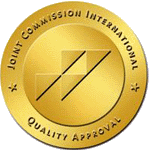Information about Health Schools from April 25-30, 2016
From 25 to 30 April at the Health Schools of Healthy Lifestyles Center took place another classes. At the classes questions about: "Prevention of osteoporosis, chronic obstructive pulmonary disease, diabetes, coronary heart disease, hypertension (causes of diseases, symptoms, diagnosis, prevention, and treatment), principles of healthy lifestyle, and sensible nutrition" were considered.
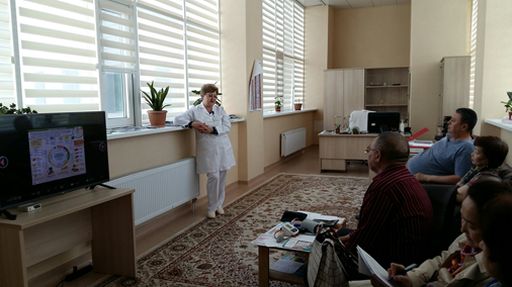
In 30 April at the Health School "Active Aging", Infectious Disease Physician of the highest qualification grade G. Shayakhmetova conducted lesson about prevention of viral hepatitis to the patients. She revealed the causes of disease occurrence, clinical disease, methods of prevention and treatment.
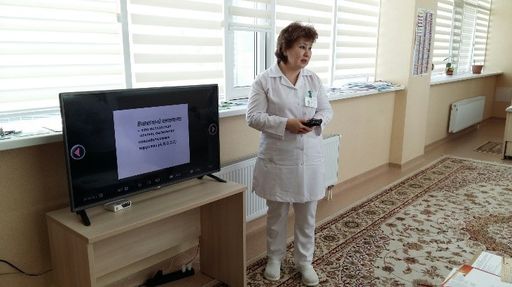
Viral hepatitis - the most common disease in the world. About 400 million people -carriers of hepatitis B virus, and 700 million people -carriers of hepatitis C.
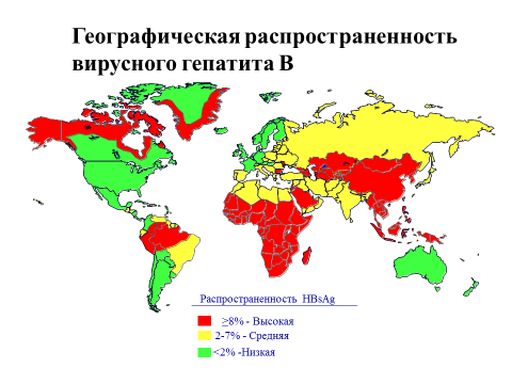
Ways of transmission: venerean transmission (34%), intravenous drug use (9%), contact-household (9%), infection during dental procedures (6.6%), infection due to surgical intervention (6.3%). For vertical (mother to child) infection, transmission chance is 80-90%.
Clinical signs: The disease often occurs in a latent form, and the patient is unaware of it. The most common symptoms are nausea, poor appetite, heaviness in the epigastrium, belching, feeling of bitterness in the mouth, bloating, constipation, itching, jaundice, skin pigmentation, xanthelasma, darkening of the urine, lightening stool.
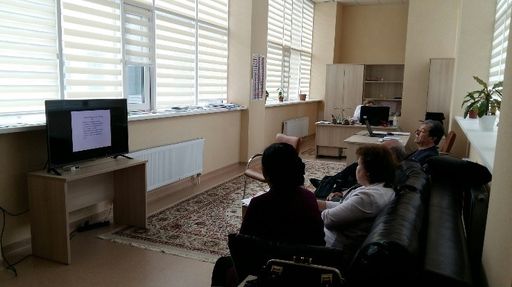
Prevention of viral hepatitis A and E:
Avoid the use of water from unknown sources; do not swim in the waters of dubious cleanliness. It is subject to "densely populated" beaches during the summer heat, as well as ponds in which sewage water drain; be sure to observe basic hygiene rules and wash hands after using the toilet, after coming from outside and before eating; maintain cleanliness in the indoors; personal hygiene items must be used by you only, do not share them with others; it is necessary to wash fruits and vegetables very carefully before eating with clean running water; under no circumstances do not use noncompensated excrement as fertilizer.
Prevention of parenteral hepatitis B and C:
-
behavior culture, with occasional sexual intercourse with an unfamiliar partner - use a condom;
-
availability of disposable instruments for clinical blood analysis; health care professionals strict control on the use and disinfection of instruments and tools;
-
it is forbidden to give personal hygiene items for temporary use (shaving machines, scissors, manicure sets); control over the quality of donated blood;
-
disinfection of the cosmetic, nail and tattoo salon equipment.
Vaccination remains the most effective prevention!

